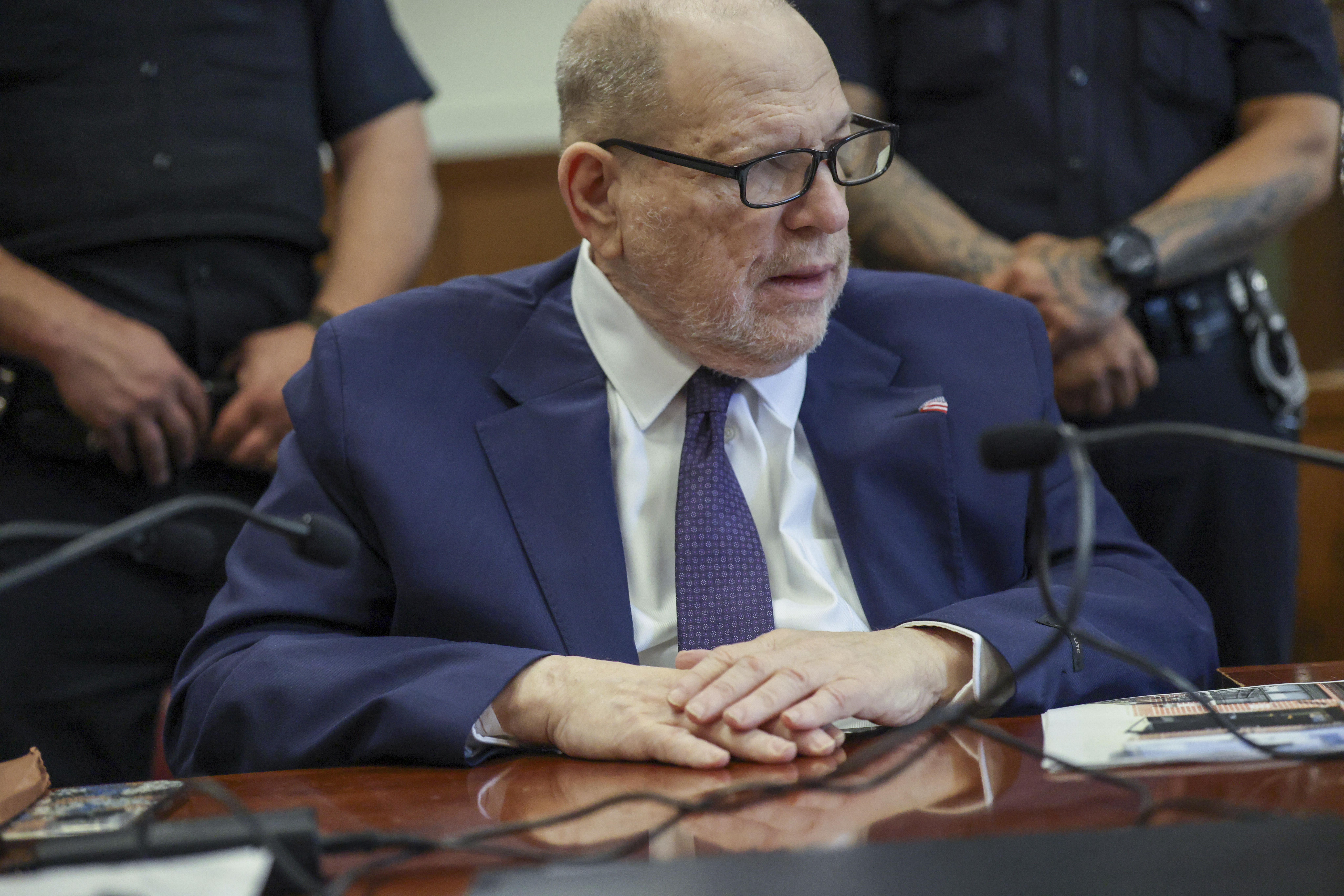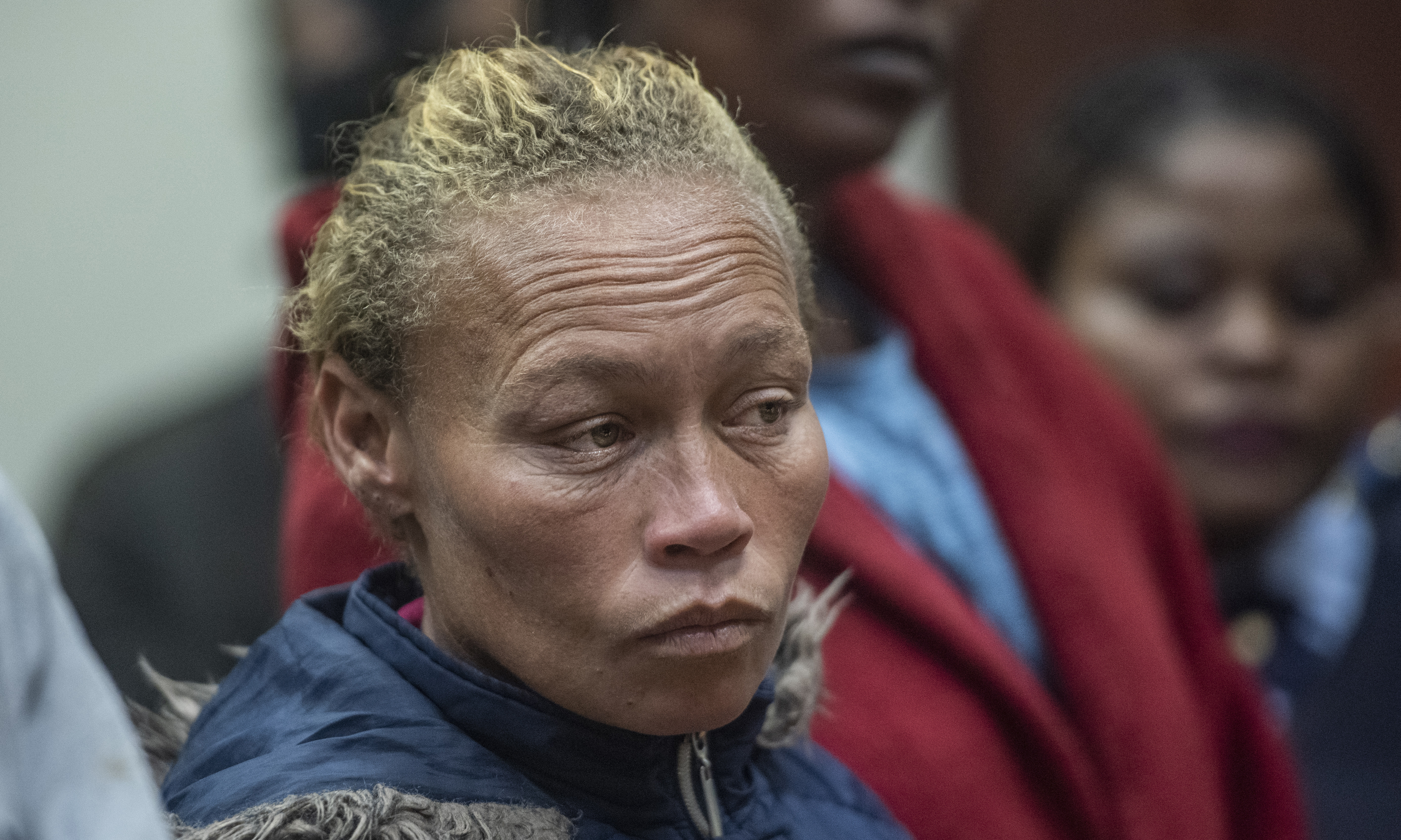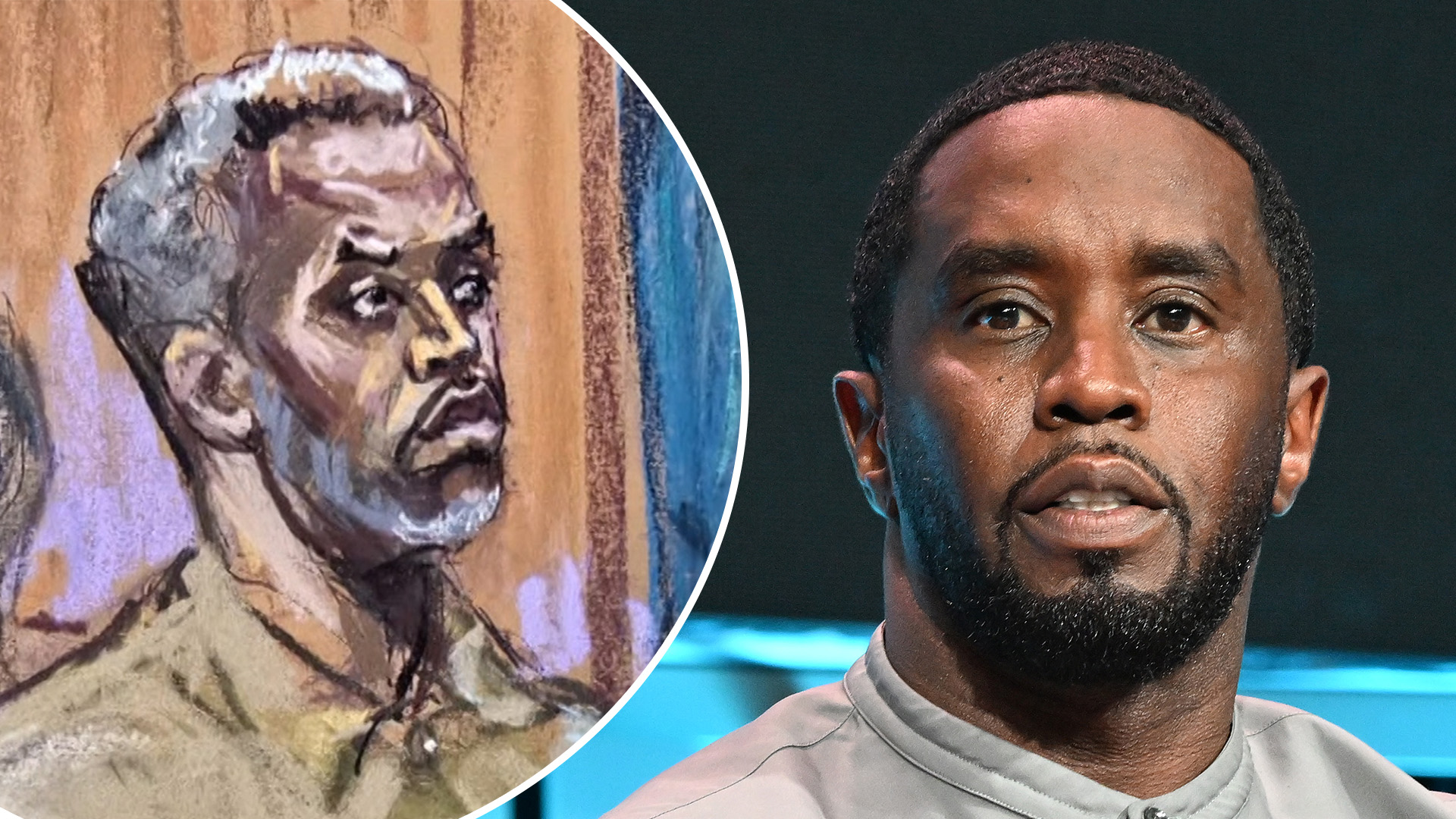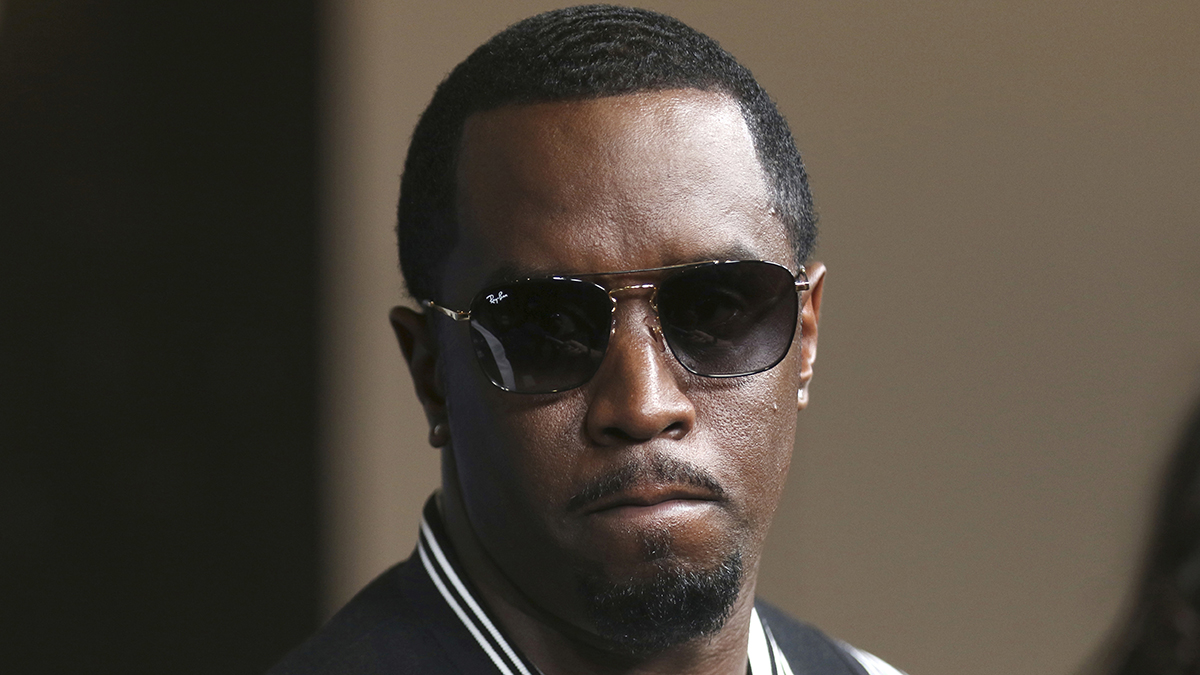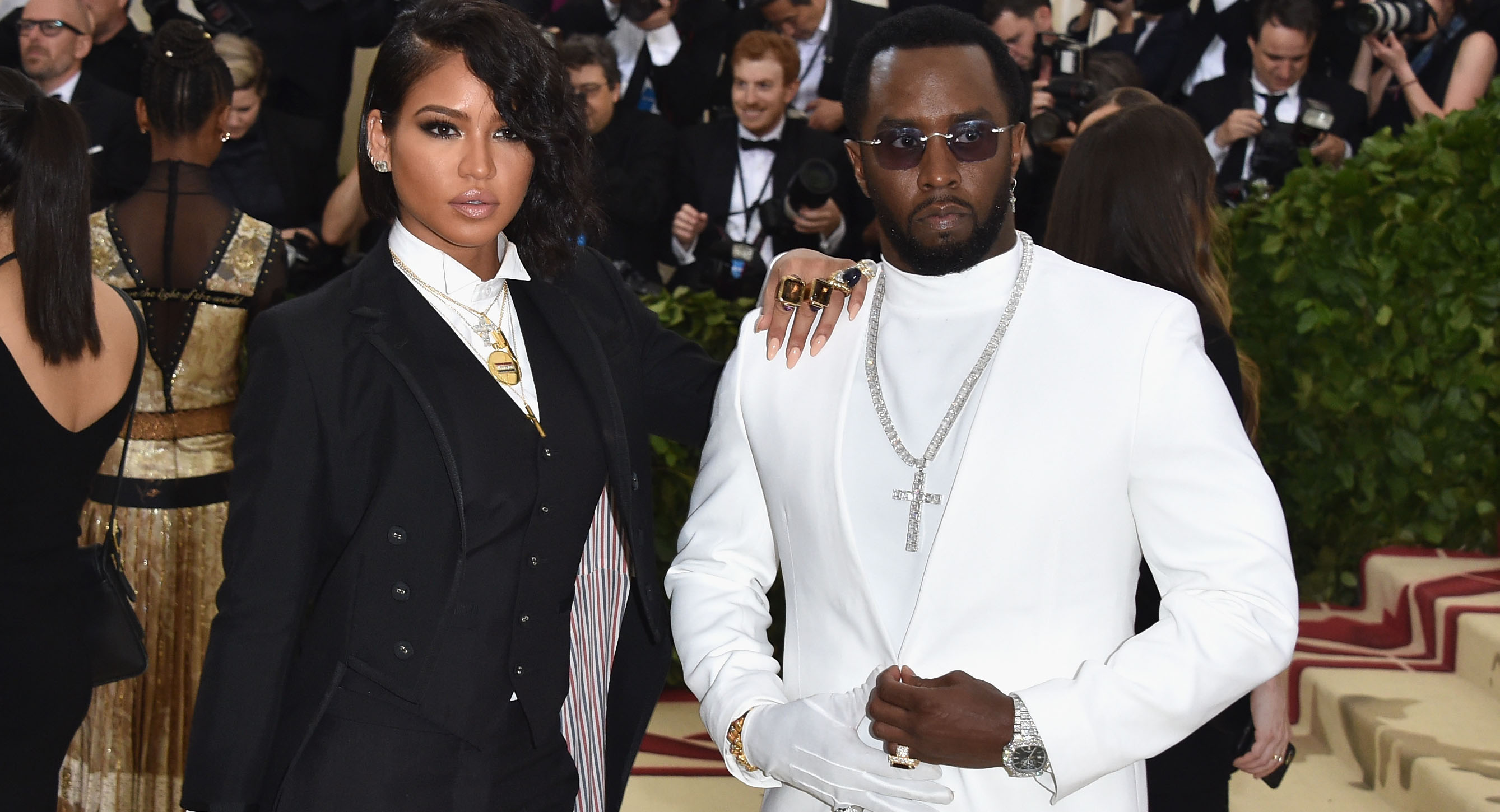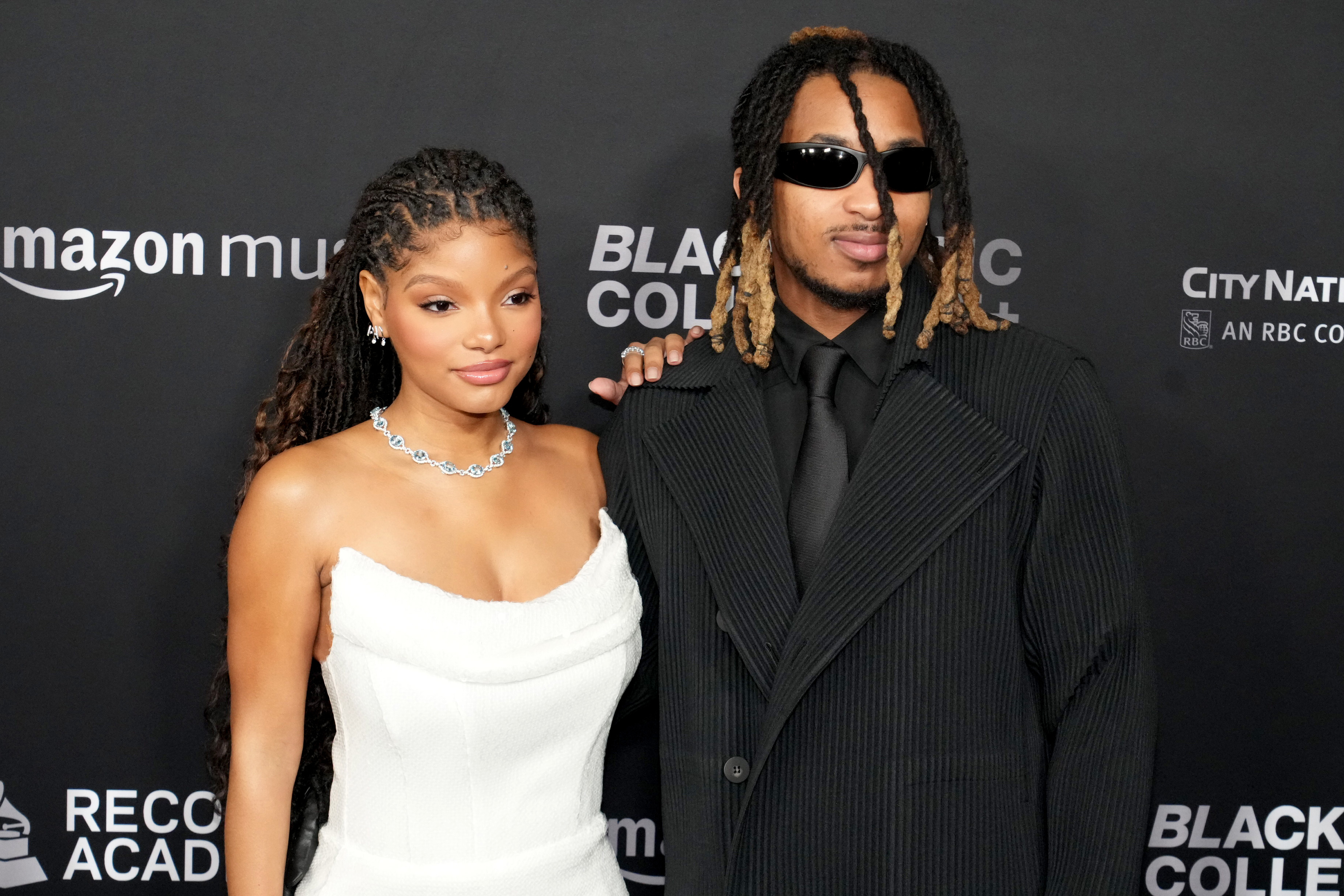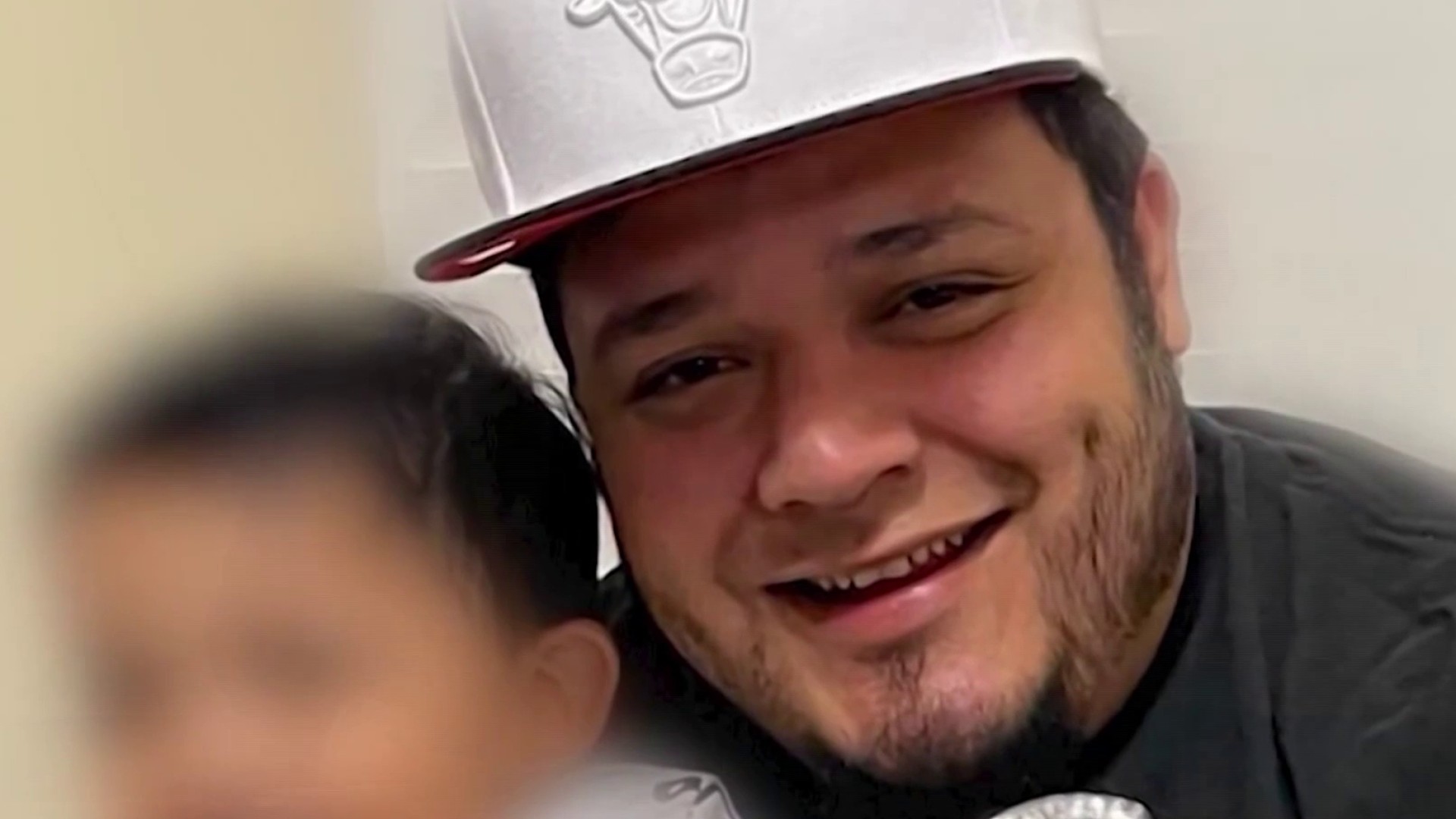Weinstein Accuser 'Zero Interest' Claim: Retrial Testimony!
Weinstein Accuser's Friend: "Zero Interest" in Him Sexually – Retrial Heats Up!
Introduction
The Harvey Weinstein retrial is underway, and the courtroom drama is reaching fever pitch. As new witnesses take the stand, the tapestry of accusations and defenses grows ever more complex. This time, a close friend of one of the accusers, Miriam Haley, has testified, offering a crucial perspective that challenges Weinstein's defense. Her testimony painted a picture of a woman repulsed by the idea of any romantic or sexual involvement with the disgraced movie mogul, adding another layer of complexity to an already high-profile case. But what does this testimony really mean, and how will it impact the retrial? Let's dive in.
Haley's Friend Takes the Stand: A Key Witness
Christine Pressman, a friend of Miriam Haley, took the stand to recount conversations and observations from years ago. Her testimony isn't just about remembering details; it's about establishing a pattern of behavior and reaction that supports Haley's claims. Was Pressman’s testimony believable? Did it resonate with the jury? These are the questions legal analysts are pondering.
A Suggestion Gone Wrong
According to Pressman, she once jokingly suggested that Haley should date Weinstein, a suggestion that was met with immediate and strong resistance. "She had zero interest in dating him or sleeping with him," Pressman stated firmly, underscoring Haley's lack of attraction to the movie mogul. Can you imagine suggesting a match only to be met with such a strong aversion?
The Aftermath: Distraught and Distressed
Pressman further testified that Haley was "distraught" when she later disclosed the alleged sexual assault. This emotional response, according to legal experts, can be crucial in establishing the credibility of the accuser. A genuine emotional response to trauma can be a powerful indicator of truthfulness. Is it a foolproof method? Of course not, but it adds another piece to the puzzle.
The Impact of the Testimony on the Retrial
The testimony of a friend can carry significant weight in a legal case, especially when it corroborates the accuser's account. It offers an independent perspective, providing a glimpse into Haley's mindset and reactions before and after the alleged assault. But how impactful will it be for the jury?
Credibility and Corroboration
Pressman's testimony serves as corroboration, strengthening Haley's credibility by showing that she expressed disgust at the mere suggestion of a relationship with Weinstein before the alleged assault occurred. This pre-existing aversion makes Haley's accusation seem more plausible. It's like having a witness vouch for your character before you even need it.
Challenging Weinstein's Defense
One of Weinstein's potential defense strategies could involve suggesting a consensual relationship or perhaps misinterpretation of his actions. However, Pressman's testimony directly challenges this notion, highlighting Haley's unwavering disinterest in him. This could make it much harder for Weinstein's legal team to paint a picture of a willing participant.
Weinstein's Legal Strategy: What to Expect
Given the nature of Pressman’s testimony, we can anticipate a robust response from Weinstein's legal team. They will likely attempt to discredit the witness or cast doubt on her recollection of events. How will they attack the witness's credibility?
Cross-Examination Tactics
Expect the defense to aggressively cross-examine Pressman, probing for inconsistencies in her testimony, potential biases, or any gaps in her memory. They might try to portray her recollection as inaccurate or influenced by external factors. It's a battle of wits, memory, and perception.
Focusing on Reasonable Doubt
The core of Weinstein's defense will likely revolve around creating reasonable doubt in the minds of the jurors. Even if they can't definitively prove his innocence, they only need to create enough uncertainty to prevent a guilty verdict. It's a high-stakes game of persuasion.
The Larger Context: #MeToo and Its Impact
The Weinstein case is inextricably linked to the #MeToo movement, a global reckoning against sexual harassment and assault. This context colors every aspect of the trial, influencing public perception and potentially impacting the jury’s deliberations. How much of an influence will this movement have on the retrial and its verdict?
Shifting Social Attitudes
#MeToo has significantly shifted social attitudes regarding sexual misconduct, making it easier for victims to come forward and be believed. This change in the cultural landscape could benefit the prosecution by making jurors more receptive to the accusers’ accounts. Can you feel the change in the air?
Heightened Scrutiny
The heightened scrutiny surrounding the case due to the #MeToo movement places additional pressure on the legal system to deliver justice. This added attention can influence the way the trial is conducted and perceived, both inside and outside the courtroom. All eyes are watching.
The Role of Media Coverage
The media plays a crucial role in shaping public opinion and influencing the narrative surrounding the Weinstein retrial. How is the media portraying the events, and what impact will that have on the jury and the public?
Amplifying Voices
The media provides a platform for the accusers to share their stories, amplifying their voices and increasing public awareness of the alleged misconduct. This can help to build support for the prosecution's case and create a sense of accountability. It is hard to deny the immense impact the media has on popular opinion.
Potential Biases
However, media coverage can also be biased or sensationalized, potentially prejudicing the jury and hindering a fair trial. It’s essential to consider the source and objectivity of news reports to avoid forming an opinion based on incomplete or distorted information. Remember, there are always two sides to every story.
The Long Road to Justice
The Weinstein retrial is a complex and multifaceted legal battle, with far-reaching implications for the victims, the accused, and the broader societal conversation about sexual assault. Will justice be served?
Challenges and Obstacles
The legal system is not perfect, and there are numerous challenges and obstacles that can impede the pursuit of justice. These include issues with evidence, witness credibility, and potential biases within the jury. It’s a long and arduous process, filled with hurdles and uncertainties.
Hope for Accountability
Despite the challenges, the retrial offers a glimmer of hope for accountability and closure for the victims. Regardless of the outcome, the case has already sparked a crucial dialogue about power, consent, and the need for systemic change. The conversation has begun, and it cannot be silenced.
Conclusion
The testimony of Miriam Haley's friend, Christine Pressman, adds a significant dimension to the Harvey Weinstein retrial. By asserting Haley's "zero interest" in a sexual relationship with Weinstein, Pressman's words bolster the accuser's credibility and challenge potential defense strategies. As the trial unfolds, the impact of this testimony, coupled with the broader context of the #MeToo movement and media scrutiny, will undoubtedly shape the outcome of this landmark case. The pursuit of justice is a long and winding road, but every piece of evidence, every testimony, brings us closer to understanding the truth.
Frequently Asked Questions
- What is the significance of a friend's testimony in a sexual assault case?
A friend's testimony can provide corroborating evidence and insight into the accuser's state of mind before and after the alleged assault, which can strengthen their credibility. - How might Weinstein's legal team try to discredit Pressman's testimony?
They might aggressively cross-examine her, looking for inconsistencies in her memory, potential biases, or gaps in her recollection of events. - How has the #MeToo movement influenced the Weinstein retrial?
#MeToo has shifted social attitudes, making it easier for victims to come forward and be believed, and has heightened scrutiny on the case. - What is the likely outcome of the Weinstein retrial, considering all the evidence?
The outcome is uncertain, as it depends on the jury's interpretation of the evidence, witness credibility, and the effectiveness of the defense's argument of reasonable doubt. - Why is the media coverage of the Weinstein case so crucial?
The media amplifies the voices of the accusers, increasing public awareness and potentially influencing the jury, but it also carries the risk of bias and sensationalism.
